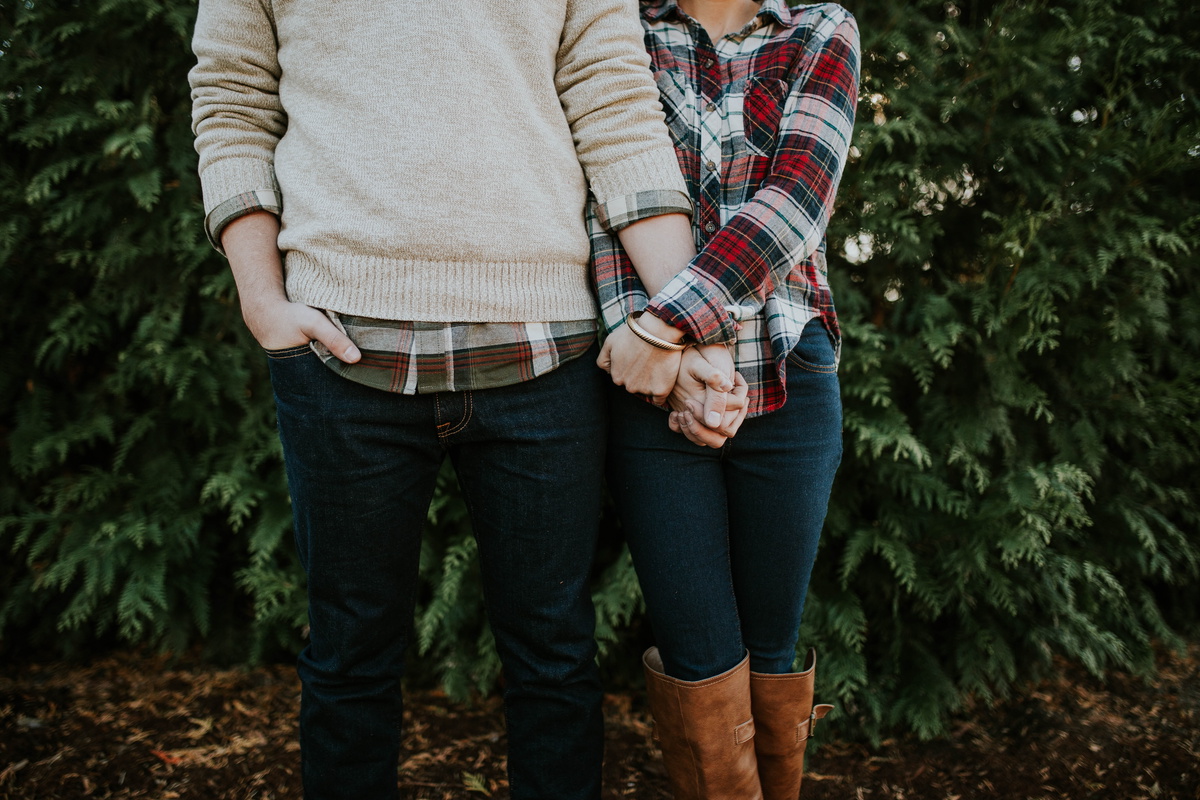Years ago, I went through an ordeal when the woman with whom I was “in love,” told me she loved me but was not “in love” with me. I share this story now so as to perhaps soften, heal, or even prevent the pain of rejection in a “love relationship.” I remember I put myself in a crucible the next day over her words, and oh, what a painful day it was! A crucible is a vessel, usually porcelain, used to refine substances to their purest form using extreme heat. The word can be used metaphorically to describe a severe test, as of patience or belief, or as a trial. My heart literally ached and my entire being felt like I had been thrown under the bus and run over, back and forth several times. I took her words as the death knell of our relationship. I fought with myself throughout the entire day, struggling not to be consumed by the pain of my negative thoughts. By the time I went to bed at 9:00 P.M., I was no longer in excruciating pain. I was just exhausted and numb.
The next morning I awakened and immediately sensed I had survived my self-inflicted ordeal. I had been refined in the crucible, and some of my old beliefs had been burned away. I felt stronger and wiser, and my mind flooded with a whole new set of thoughts. At that moment, I realized the difference between loving someone and “being in love” with them.
I can now say unequivocally, “I would much rather love a woman than ‘be in love’ with her.” I also say unequivocally, “I would much rather have a woman tell me she loves me than tell me she is ‘in love’ with me.” So today, at this moment, I see what she said as a salve rather than a wound.
Being “in love” with this woman began as ecstasy, but gradually morphed into agony. Being “in love” with her meant being preoccupied with her. Most of my thoughts were about spending time with her and finding ways to make that happen. When I was with her, I was happy, or I was happy when I knew I would soon be with her. I was happy when I sensed she was happy being with me. I was happy for a short time after being with her, because I could savor the time we had just spent together. My heart was warmed by her smile and her touch, and I could not get enough of her.
Then the agony set in. I looked for every little shred of evidence I could find to reassure myself she was “in love” with me too. When she did not respond to me the way I thought she should, I was hurt. I felt so vulnerable because my state of mind hinged on her every word and action. I expected her to behave in certain ways and did everything I could to elicit those behaviors. I wanted her to be as consumed by me as I was by her. I began neglecting much of myself—letting most of my decisions depend on what she would think, whether she was available or not. I blunted my creativity and became less productive. Nothing else really interested me as much as being with her.
After going through hell, I realized being “in love” was a sham, and today I can still say it is a sham because it really is an addiction masquerading as love. The American Heritage Dictionary defines addiction as “the condition of being habitually or compulsively occupied with or involved in something.” This “something” of course, can be a habit-forming substance, an activity, food, exercise, a person, or most anything. I now realize when someone is in the throes of an addiction, they cannot be truly loving, because they are driven to get their needs and expectations met. This is why “being in love” almost always eventually fades, collapses, and then devolves into something else which can become horrific. Eckhart Tolle in The Power of Now, says this about relationships:
. . . there comes a point when your partner behaves in ways that fail to meet your needs, or rather those of your ego. The feeling of fear, pain, and lack that are an intrinsic part of egoic consciousness but had been covered up by the “love relationship” now resurface. Just as with every other addiction, you are on a high when the drug is available, but invariably there comes a time when the drug no longer works for you. When those painful feelings reappear, you feel them even more strongly than before, and what is more, you now perceive your partner as the cause of those feelings.
At this point literally, all hell breaks loose with both people demanding, blaming, attacking, withholding, and manipulating until those “in love” feelings have obliterated.
In retrospect, having put myself in the crucible, I can truly say I am grateful this woman said she loved me, but was not “in love” with me. She gave us a wonderful opportunity to establish an “enlightened relationship” one not based upon outward appearances, but rather, upon the truth. I honor her for her honesty and wisdom. She allowed me to stop being “in love” with her, and to simply love her. To love her meant to completely accept her as she was and where she was, without judging her or trying to change her in any way. It meant supporting her and encouraging her, and occasionally, “calling her out” when she appeared to be off course. Most of all to love her meant wanting her happiness as much or more than my own, regardless of the outcome.
We have both been through several relationships since then, but our friendship continues to this day.
